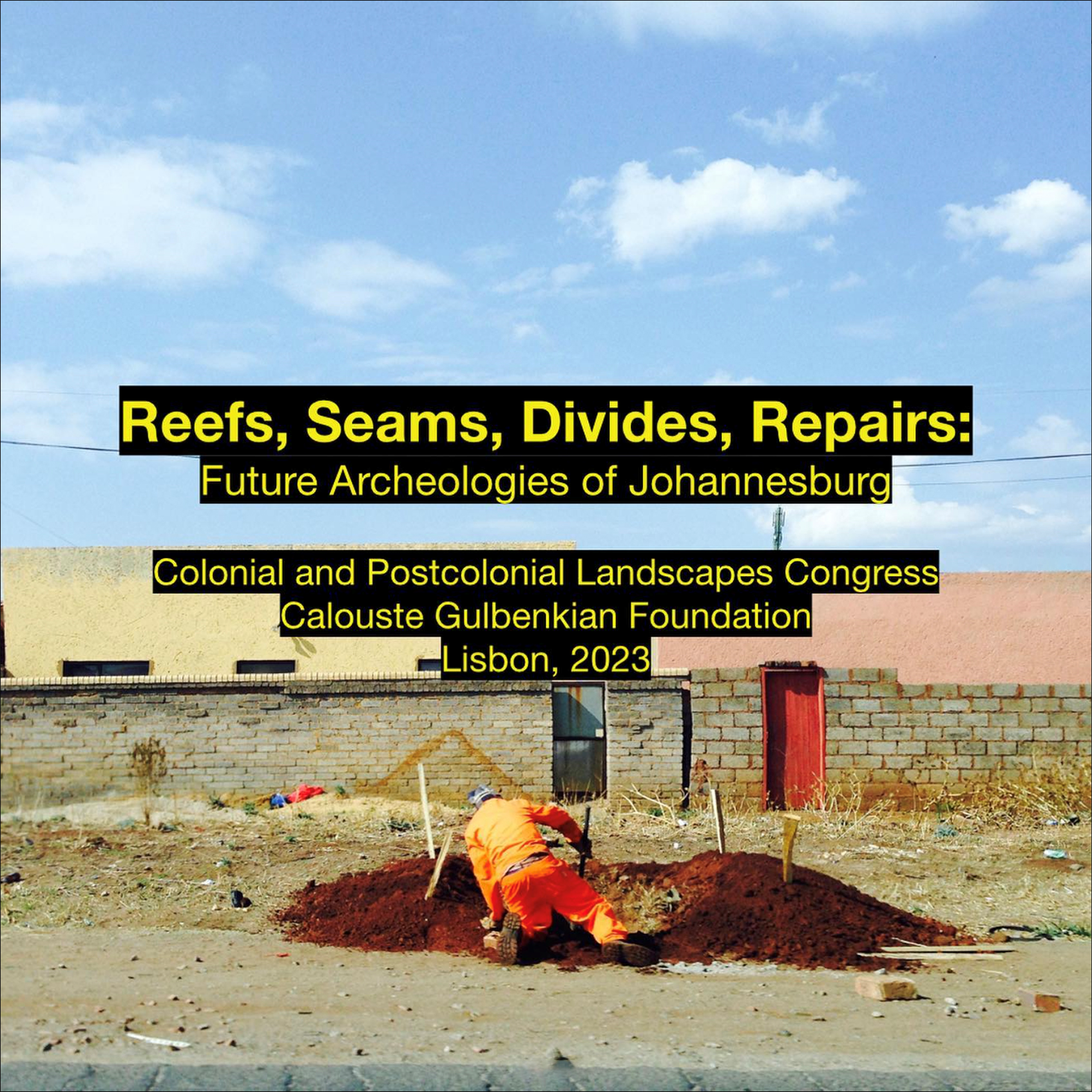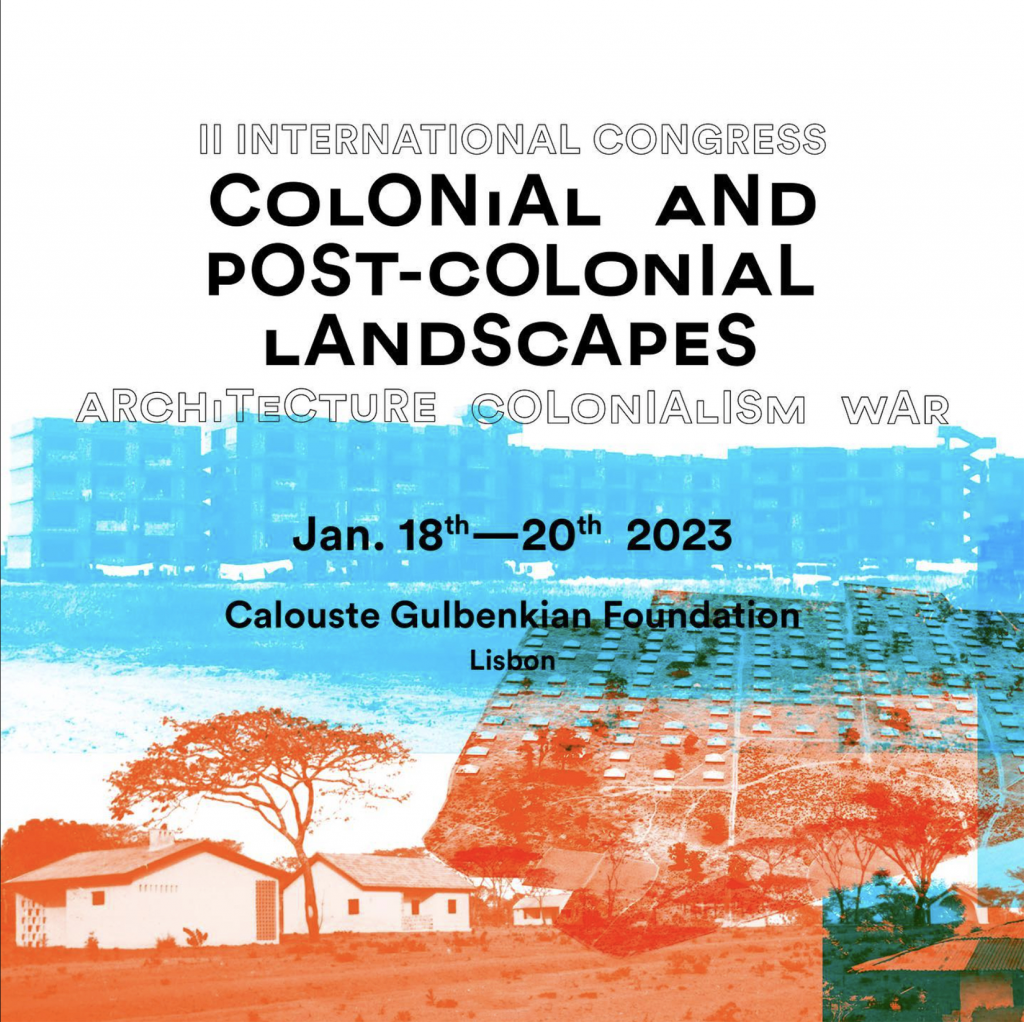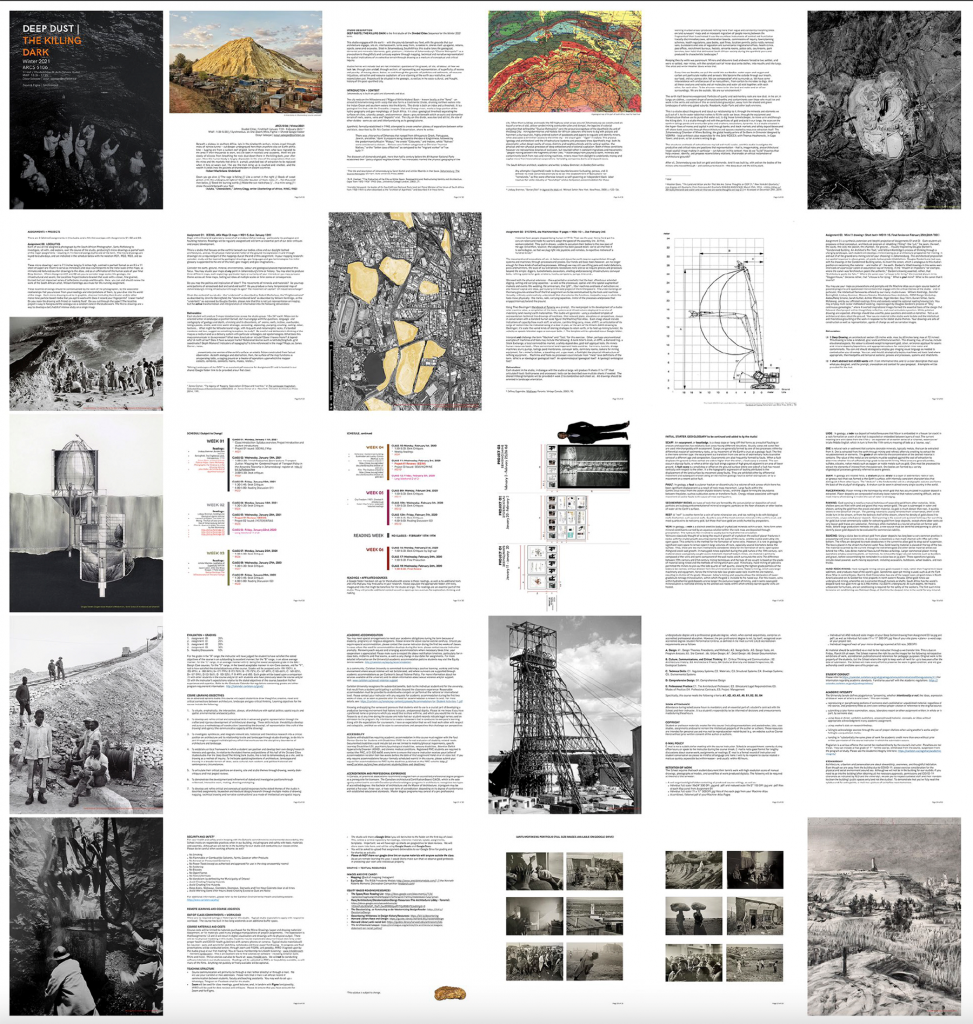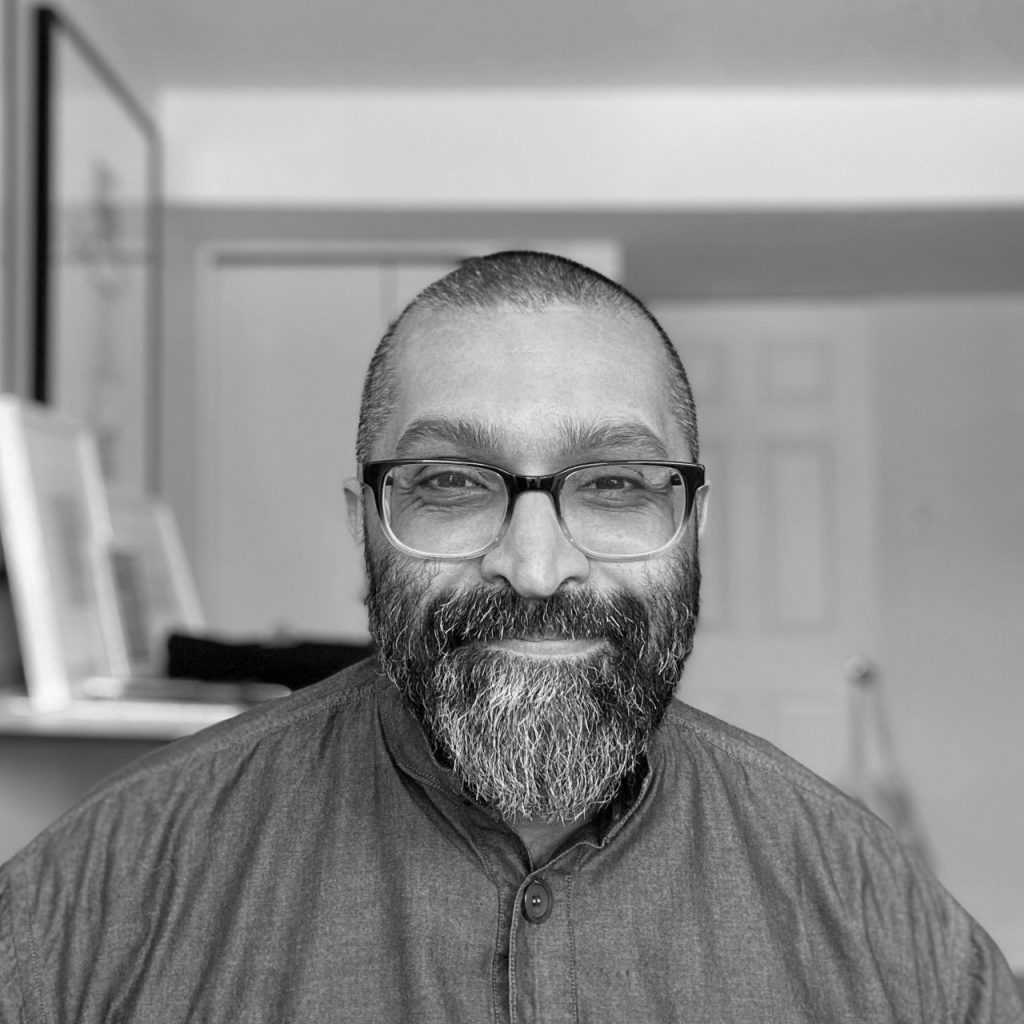Assoc. Prof. Ozayr Saloojee presents paper at International Congress on Colonial and Post-Colonial Landscapes
February 22, 2023
Associate Professor Ozayr Saloojee presented a paper on Johannesburg, South Africa, at an international conference that focused on the theme of architecture, colonialism, and war.
The II International Congress on Colonial and Postcolonial Landscapes took place at the Calouste Gulbenkian Foundation in Lisbon, Portugal, on January 18-20, 2023.
Dr. Saloojee’s paper, Reefs, Seams, Divides, Repairs: Future Archeologies of Johannesburg, reflected on a multi-year, ongoing research and design-teaching project that explores the mining landscapes terrain of Johannesburg. See the abstract below.
“With its entangled social, cultural and mineralogical pasts, present and futures, Johannesburg serves as a site for reckoning with the complicated overlaps of landscapes, peoples and politics,” said Saloojee, who was born and raised in Johannesburg.
He presented in the Diasporic Imaginations and Alternative Futurities session, chaired by Aslihan Gunhan and Ana Ozaki, PhD candidates at Cornell University.
The congress is part of an ongoing research project called Archwar — Dominance and mass-violence through Housing and Architecture during colonial wars. The Portuguese case (Guinea-Bissau, Angola, Mozambique): colonial documentation and post-independence critical assessment.
Keynote speakers included Sandi Hilal, co-director of DAAR (Decolonizing Architecture Art Research), who taught an Option Studio at the Azrieli School of Architecture & Urbanism last year.


ABSTRACT: Reefs, Seams, Divides, Repairs: Future Archeologies of Johannesburg
The city of Johannesburg rests on the Witwatersrand Basin — known as the “Rand” — a 60-kilometre-long scarp that also forms a Continental Divide, draining northern waters into the Indian Ocean and southern waters into the Atlantic. The city on this divide was (and still is) the site of many other divisions, with apartheid the most famous of these rifts. With its entangled social, cultural, and mineralogical pasts, present, and futures, Johannesburg serves as a site for reckoning with the complicated overlaps of landscapes, peoples, and politics.
This paper reflects on a multi-year, ongoing research and design-teaching project that explores the mining landscapes terrain of Johannesburg, South Africa. It investigates ontological readings and re-readings of Johannesburg’s mining landscapes, the city’s grounds, earth systems, and our relationships to the affiliated ecologies of these infrastructures: labour, capital, wealth, dispossession, power, and emancipation. The tools of landscape extraction and representation are, after all, myriad and multi-scalar, and this project looks to how representation — image making, and architectural and landscape image-making in particular — can become a vehicle for a projective archeology of diasporic repair.
Building on Lesley Lokko’s assertion that the architectural imagination is among the greatest asset of reparative praxis, this paper explores a series of graduate design student-proposed alternative landscape futures in Johannesburg. Working between local and global scales (through the images of the South African photographer Santu Mofokeng), the apartheid map as a discursive tool, and the multivalences of mining apparatuses and systems, students explored the contested terrain of spatial politics and decolonial practices —and their limits — through architectural drawings, maps, and narratives. Collectively, these proposals serve as a framework for thinking about how we might “un/build” understandings and artifacts that help uncover, identify, and propose a reconciliatory superfluity (with Achille Mbembés definition of that term) of relations to help build counter-colonial imaginations.

About Ozayr Saloojee, PhD

Associate Professor, Carleton University, School of Architecture & Urbanism
Co-Director, Carleton Urban Research Lab (c-url)
Cross Appointed Faculty: Institute for African Studies
Affiliate Faculty: Carleton Centre for the Study of Islam
Associate Editor of Design, Journal of Architectural Education
Affiliate Faculty, College of Interdisciplinary Sciences, Royal Roads University